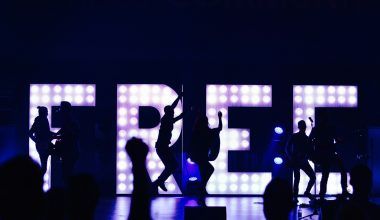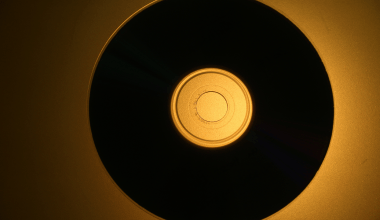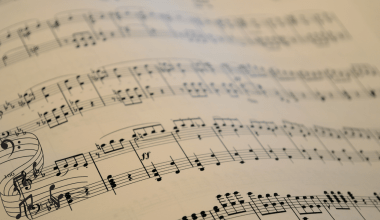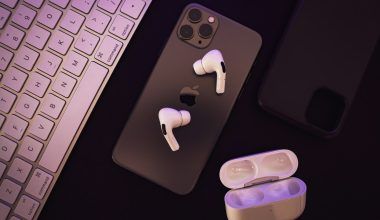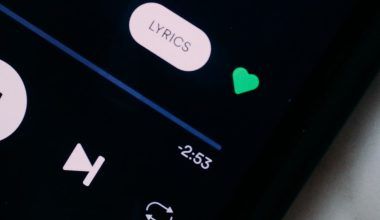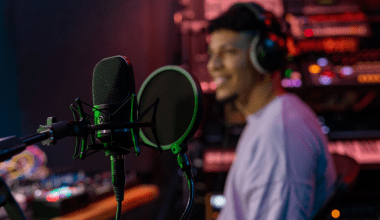Have you ever heard a beautiful song in a movie, advertisement, or YouTube video and wondered how it got there? That’s the magic of song licensing! It’s a process where a musician, like you, gives permission for someone else (like a filmmaker or a brand) to use their music. But don’t worry—you’re not giving your music away. Instead, you’re making sure they pay for using it.
For musicians, especially independent artists, song licensing is like opening the door to new opportunities. It helps you earn money, reach new audiences, and get your music featured in exciting projects. Let’s break it down step-by-step so you can understand everything about song licensing and how it can benefit you.
Why is Song Licensing Important for Musicians?
- Earn Money from Your Music
Imagine earning money every time your song is played in a TV show, ad, or even a YouTube video. Licensing your music can give you a steady income, and this can grow over time as more people discover your music. - Get Discovered by a Bigger Audience
If your song is featured in a popular movie or ad, it can instantly grab the attention of people worldwide. Some of the biggest musicians today started by licensing their songs to small projects. - Protect Your Music
Licensing ensures that no one can use your music without your permission. It protects your creative work legally. - Grow Your Career
When brands, filmmakers, or companies license your music, it adds to your professional credibility. It shows that your work is valued.
Types of Song Licensing
Song licensing might sound complicated, but it’s easier when you understand the types. Here’s a simple list:
- Sync Licensing (Synchronization Licensing)
This is for when your song is used in visual media like movies, TV shows, video games, or advertisements. For example, if a filmmaker wants your track for a scene, they’ll need a sync license. - Mechanical Licensing
This license is for when your song is copied or reproduced—like for CDs, vinyl records, or streaming platforms. - Public Performance Licensing
This is needed when your music is played in public spaces, like a concert, radio, or even in a cafe. - Master Use Licensing
This covers the exact recording of your song. For instance, if someone wants to use your recorded version (not just the notes or lyrics), they need this license. - Print Licensing
This is for sheet music. If someone wants to sell your song as sheet music for piano or guitar, they’ll need a print license.
How Does Song Licensing Work?
Licensing may seem overwhelming, but here’s a simple process to help you get started:
Step 1: Protect Your Music
Before you can license your music, you need to own the rights to it. This means registering your song with a copyright organization. Think of this as giving your song legal protection.
Step 2: Choose the Right Licensing Terms
Decide if you want to give an exclusive license (where only one person can use your song for a set time) or a non-exclusive license (where multiple people can use it). Non-exclusive licenses are more common for independent artists.
Step 3: Use a Licensing Platform
There are many platforms like Deliver My Tune, Songtradr, and AudioJungle that help artists connect with people looking for music to license. These platforms make the process easy by handling payments and agreements for you.
Step 4: Sign a Licensing Agreement
This is a written document between you and the person or company using your song. It includes important details like:
- your music will be used
- much you’ll be paid
- long they can use your song
Step 5: Start Earning!
Once the agreement is signed, you’ll get paid according to the terms. Over time, you can earn royalties, which is a percentage of the money made from your music.
Benefits of Licensing Your Music
Let’s talk about the perks of song licensing for artists like you:
- Passive Income
After licensing your music, you can earn money without any extra effort. The more people use your song, the more you earn. - Exposure
Your music can be heard by thousands or even millions of people. Imagine someone watching a Netflix show and discovering your song! - Opportunities to Collaborate
Licensing often opens the door to working with filmmakers, advertisers, and even other musicians. - Stay in Control
Licensing doesn’t mean giving up your music. You decide how your music is used, for how long, and for how much.
Common Mistakes to Avoid in Song Licensing
- Not Registering Your Song
Always register your song with a copyright office. This ensures your music is legally protected. - Not Checking the Agreement
Before signing any contract, read it carefully. Make sure the terms are clear and fair. - Ignoring Metadata
Metadata is the information attached to your song (like title, artist name, and genre). Ensure it’s accurate, so your music is easy to find. - Overpricing or Underpricing
Research industry rates and price your music fairly. Overpricing can scare people away, while underpricing undervalues your work.
Platforms to Help You with Song Licensing
- Deliver My Tune
This platform simplifies the entire process for independent artists. It offers tools for copyright, distribution, and royalty management. - Songtradr
A marketplace for artists to license their songs for movies, TV shows, and ads. - AudioJungle
Great for selling non-exclusive licenses for background music. - BMI/ASCAP/SOCAN
These are organizations that help you collect royalties from public performances.
How Much Can You Earn from Song Licensing?
Earnings vary depending on:
- How your music is used (ads typically pay more than indie films).
- Whether the license is exclusive or non-exclusive.
- The project’s budget (big brands usually pay more).
For example:
- A sync license for a local commercial might pay ₹20,000 to ₹1,00,000.
- A sync license for a global campaign could fetch lakhs or even crores.
Simple Tips to Get Your Songs Licensed
- Make a Portfolio
Showcase a variety of songs that fit different moods or styles. Filmmakers and brands often look for music that matches specific emotions. - Promote Your Music Online
Share your music on platforms like Spotify, YouTube, and social media. The more people hear it, the better your chances of getting noticed. - Reach Out to Indie Filmmakers
They’re always looking for affordable music. Your song could be the perfect fit for their project. - Join a Licensing Platform
Platforms like Deliver My Tune and Songtradr make it easy for clients to find and license your music.
Real-Life Success Stories in Song Licensing
- Imogen Heap: Her song “Hide and Seek” gained worldwide recognition after being featured in TV shows like The OC.
- Unknown Indie Artists: Many small-time artists have found success through platforms like Deliver My Tune, which connects them with global opportunities.
Wrapping Up: Start Licensing Your Music Today!
Song licensing is an amazing way for musicians to make money, gain exposure, and grow their careers. You don’t need to be famous to start licensing your music. Platforms like Deliver My Tune make it easy, even for beginners. Remember, every time someone licenses your song, they’re paying you for your creativity.
So, don’t wait. Protect your music, put it out there, and let it start working for you. Your next big opportunity might just be one license away!
Related Articles:
For further reading, explore these related articles:
- The Ultimate Guide to Digital Audio Files: Everything You Need to Know
- Spotify Student Plan India: Affordable Music for Every Student
For additional resources on music marketing and distribution, visit Deliver My Tune.

